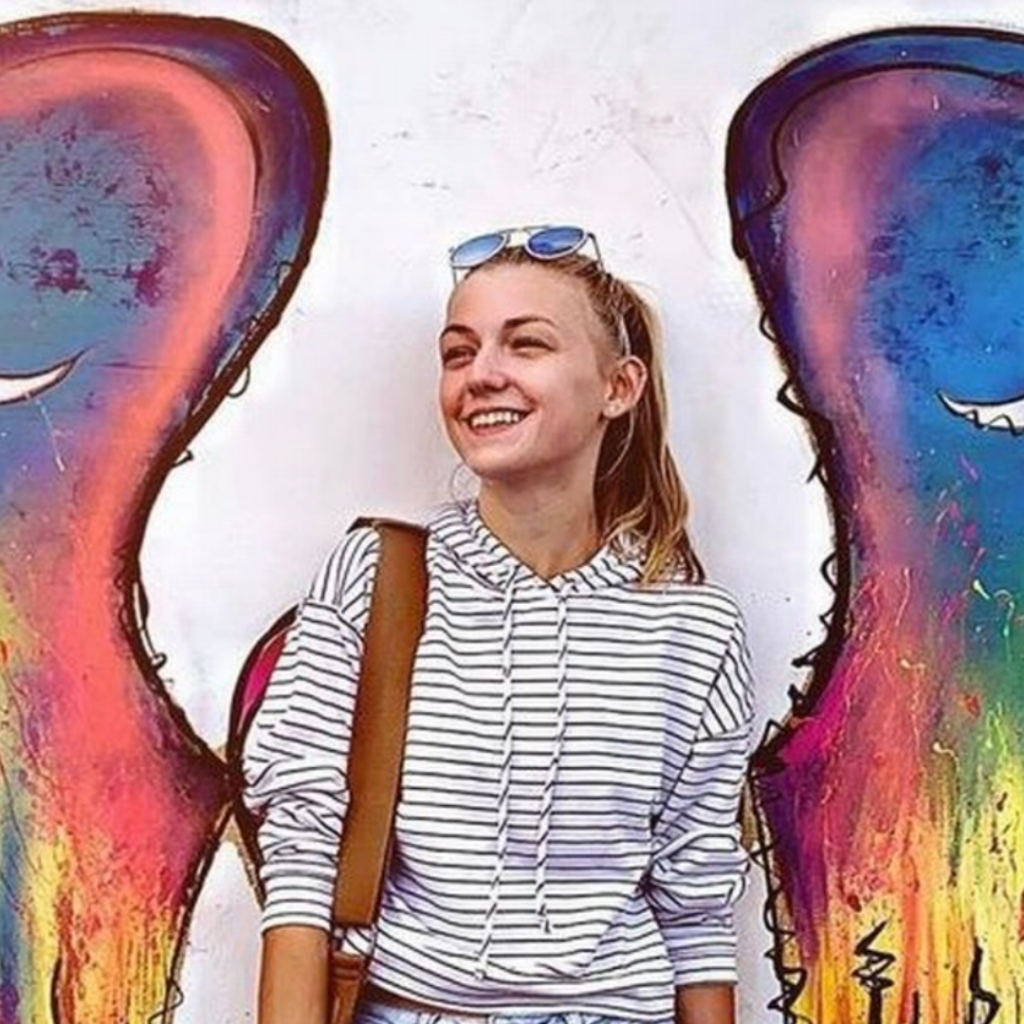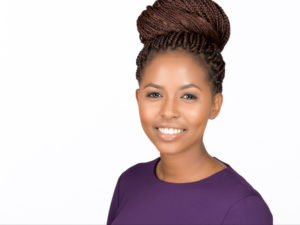By Andrea Powell, Co-Founder and Executive Director, Karana Rising.
On July 2, Gabby Petito, a 22 year old van blogger began an epic and highly documented road trip with her 23 year old boyfriend, Brian Laundrie. On August 12, Moab Police in Utah interviewed a tearful Gabby Petito in an alledged domestic dispute.
Twelve days after the police investigation into a reported domestic dispute, she vanished. Gabby’s mom received her last communication from Gabby thirteen days later on August 25th. Her parents reported her missing on September 11th. On September 21, law enforcement confirmed the body found in Wyoming is in fact that of Gabby Petito. A homicide investigation begins while her fiancé has been missing for more than a week.

Gabby Petito is one of thousands of missing women and girls in America. In 2020, the number of missing women was 209,375 females under 21 and 59,369 females over the age of 21. In 2020, 40% of missing people were people of color while only 13% of the US population is African American. These statistics also do not account for children who are missing but are fugitives of the law due to such offenses as running away or truancy. This also does not include adults with a “criminal past” such as substance abuse or gangs. And, it does not account for missing indigenous women and girls, of which there are now thousands of bodies of the missing found. In the past decade, 710 missing indigenous women and girls were reported missing in Wyoming alone.
Every missing person, especially youth and young adults, deserve the same media attention as Gabby Petito. The frustration that a missing young white woman would receive this much attention from the media as opposed to that of missing girls of color is valid. Every missing person should be searched for with the same attention and vigor. However, racism, poverty and a lack of compassion for vulnerable populations such as high risk youth or migrants, often leads to policies and practices that effectively dismiss them as not worthy of law enforcement or the communities time to search. Individuals with a known history of disabilities, in particular emotional and mental health disabilities, are often also overlocked.
This must change.

At Karana Rising, we have worked with thousands of survivors of sexual assault, domestic violence and human trafficking. Learning about how they came to be trafficked taught me that there are key vulnerabilities that lead to exploitation and trafficking. These include runaway and homeless youth, people with disabilities, and those with prior histories of substance abuse and even criminal histories as well as undocumented and migrant people.
The vast majority of survivors of human trafficking I have supported have been African American and faced many of these risk factors prior to being trafficked. Many media outlets push their stories aside for ones they think will elicit more clicks and viewers. Such attitudes open the door for abusers and exploiters who know by targeting vulnerable people that they have less risk of being caught.
Yet, despite the elevated media attention and the vigorous search for Gabby Petito, there was a chance to protect her by law enforcement that seemingly didn’t happen. Misunderstandings about what domestic violence looks like and stereotypes around the “perfect victim” likely played a critical role in the night that led to Gabby’s disappearance.
Why didn’t the Moab Police Department in Utah make sure Gabby was okay after they left her crying from a domestic dispute? In many states, law enforcement are required to separate the alleged victim. In this case Brian Laundrie claimed Gabby Petito hit him with her phone. However, as someone who has worked with thousands of survivors of sexual assault, domestic violence and sex trafficking, I see red flags. Not only does she appear to immediately default to what her boyfriend said, but Gabby also completely takes the blame, citing her own mental health issues.
Brian appears calm as Gabby sobs in the video and as a survivor myself of domestic violence, I know too well that abusers will take their abuse and use it to convince you that you are the one in the wrong. Desperate to please them, it is often safer and easier to comply, especially after long periods of disorientating abuse. Abusers will also use your own history of prior sexual assault, mental health struggles or trauma to convince you that no one will love you or treat you as well as them because you are “damaged goods.”
Too often, victims are gaslit and blamed by their abuser until they think they are the crazy or the. abusive ones themselves. Their abuser will tell their victims that they did nothing wrong and that they “worry” about their mental health because they seem to distraught. Then, will present to law enforcement as the calming party. Gabby appeared like so many victims of abuse I have met. Many of them were scared of what would happen if they truly told the truth. There is also the shame of having to deal with the fact that the person you love is also willing to hurt you. Blaming yourself feels safer than standing up the one you loved who is now lovingly explaining to you and anyone who will listen that you need help.
Regardless of what truly happened, leaving a 22 year old crying woman on the side of the road seems not be the safest way to protect her. According to the police who spoke with her, she was “confused and emotional” in a state where she does not have resources or family. Abusers often will move their victims far from their support network to isolate and control them.
I wonder if Gabby wanted help. Or, did she think she could love Brian into not abusing her. Victims do that, too. If we want to stop more girls from disappearing we must start by ensuring we see the signs of their abuse.
Not believing victims or understanding the dynamics of abuse and exploitation leads victims out in the cold to fend for themselves. That is why survivor-driven justice programs must form to ensure we prevent the tragedy that befell Gabby by searching for and believing in all survivors.
Gabby didn’t have to disappear and every missing person deserves to searched for until they are found and protected.



